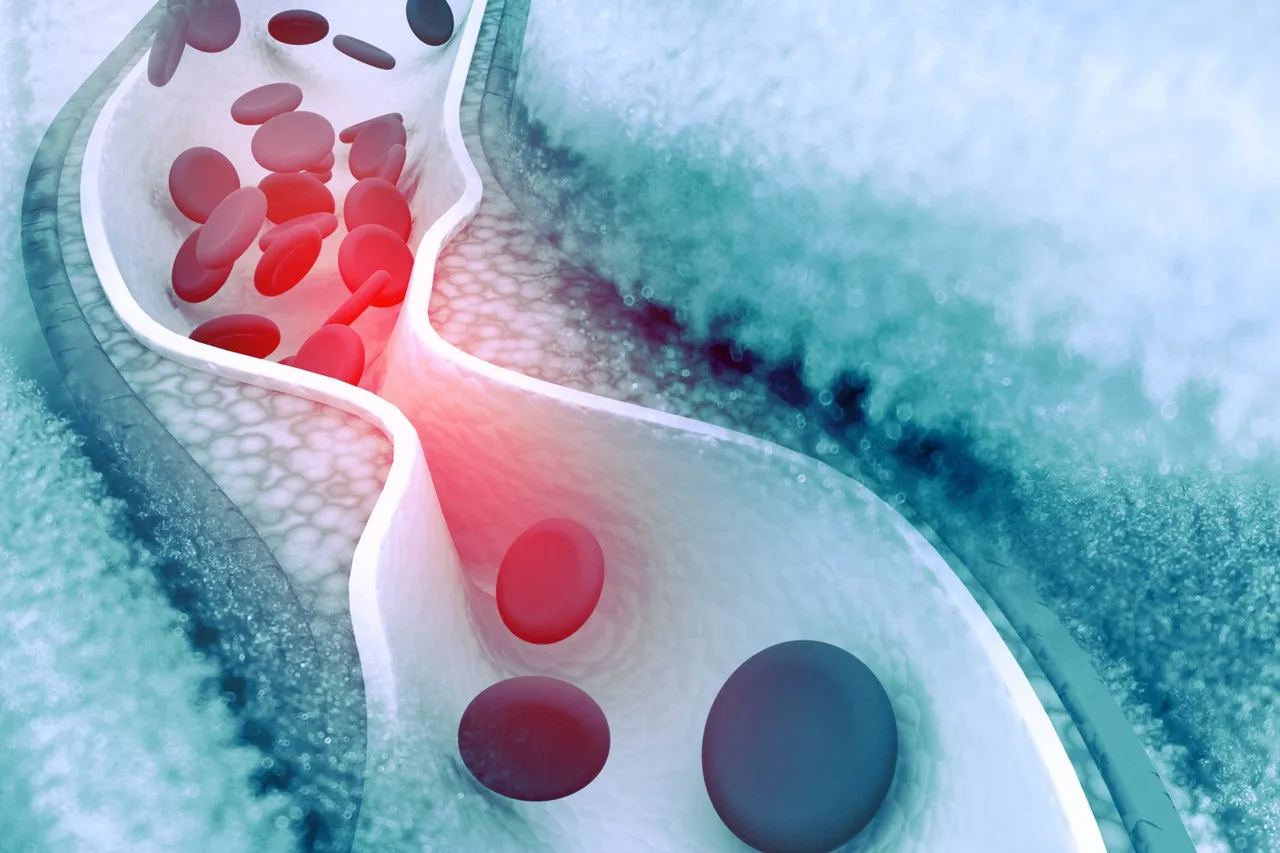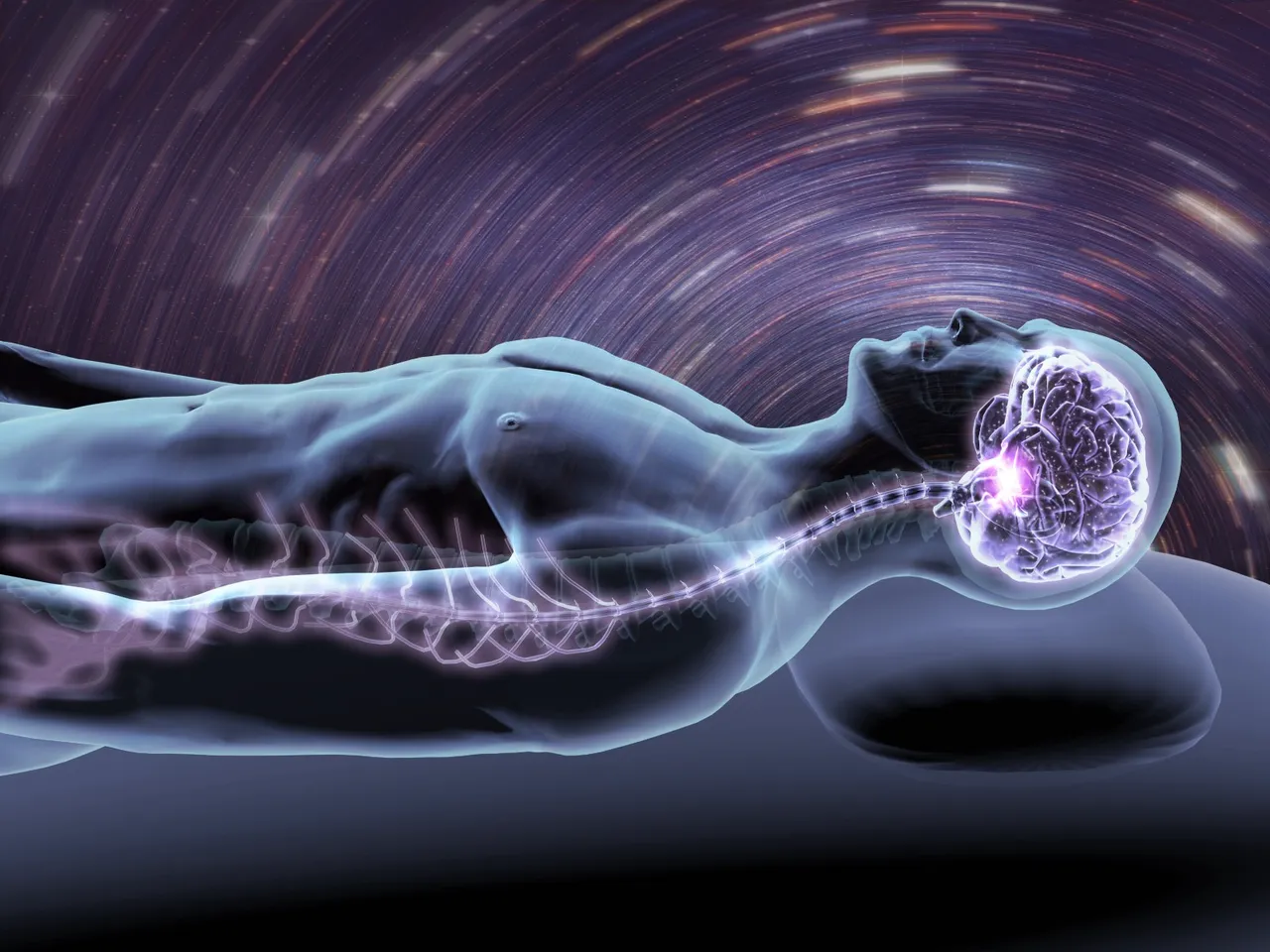Why You Need Magnesium

What is magnesium? According to MedlinePlus Medical Encyclopedia, Magnesium is needed for more than 300 biochemical reactions in the body. It helps to maintain normal nerve and muscle function, supports a healthy immune system, keeps the heart beat steady, and helps bones remain strong. It also helps regulate blood glucose levels and aid in the production of energy and protein. (Jan 7, 2017)
Without magnesium, our bodies would not produce energy and we would have massive muscle cramps always. It is the second most abundant element in the human cell. Magnesium is considered a macro element meaning unlike trace minerals it is needed in large amounts in the body. (Calcium, potassium and sodium are also macro-minerals.) Magnesium is one of the six essential minerals that must be supplied by our diet. We cannot make it, it must be taken in.
Magnesium is critical for breaking down fat and sugar, and regulating cholesterol production. Magnesium deficiency can really cause havoc on our bodies and the truth is that roughly 70% of the public does not get enough. Studies show that if you are not getting the proper calories a day, not eating grains or eating a lot of leafy green vegetables, you are probably in that category. Because magnesium is very important for health and fitness, not enough can zap your body of energy during exercise and make sleeping difficult, both falling asleep and staying asleep. Lack of sleep can affect your mood but lack of magnesium does too. Studies show that those who have enough magnesium are happier and more resilient to stress than those who don’t. Magnesium also helps with depression and anxiety and studies have proven that after only 2 weeks of taking magnesium symptoms improved.

When your body does not get enough magnesium, it experiences oxidative stress. Oxidative stress happens when our bodies process the oxygen that we breathe, our cells need this for energy. This also produces free radicals, although these are necessary to a small degree, they also stimulate repair to the cells. When there are too many free radicals instead of repairing it causes oxidative stress resulting in damage to nearby cells. This increases when we are physically or emotionally stressed. Taking antioxidants is important to maintain the balance and prevent damage and getting enough magnesium is equally important.
When you experience oxidative stress it brings about inflammation and that is a risk for cancer. Magnesium helps keep it all in check. There foods contain magnesium; leafy green vegetables, nuts, seeds, and whole organic grains. Also contained in these foods are phytonutrients. Phytonutrients are chemical in the food that help protect the plants from germs, fungi, bugs and other threats and have great health benefits to humans. It isn’t hard to get the magnesium into your system, just eat healthy.
If you are experiencing symptoms such as chronic fatigue, muscle cramps, anxiety or poor sleep add magnesium. The recommended amount is about 300 milligrams a day however if the symptoms persist you can add 50 milligrams a day until symptoms go away. Adding too much at once can upset your stomach so be careful. Try to get the magnesium from food but if you can’t try supplementation. Ask your doctor or nutritionist which type would be the best for you.

Eating healthy and exercising is truly the key to good health. Antioxidants are your body’s defense against oxidative stress and free radicals. Eat all of the colors of the rainbow that grow in the good green earth. Stay away from GMO’s, sugar, and anything that is made in a factory. I promise you will be healthier and your body will thank you for it.
Go to Fry Egg to get your own personalized workout program, meal plan, and fitness coach today!
Subscribe to Fry Egg on Reddit